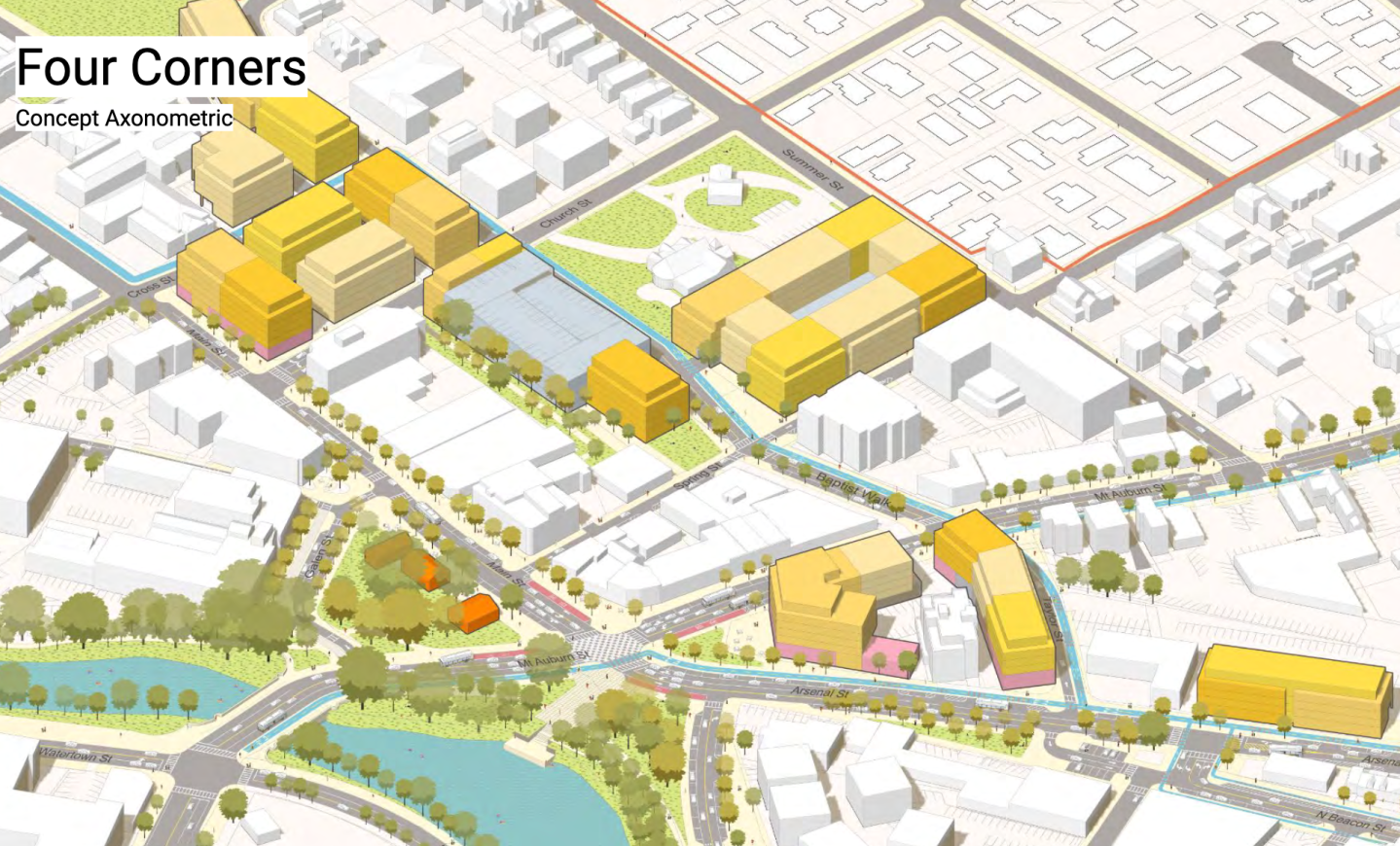awood91
Active Member
- Joined
- Jun 7, 2006
- Messages
- 484
- Reaction score
- 533
Thanks for these update pics. ARE doesn't have a proper website detailing their portfolio holdings. This is the only info I've been able to find about the recent investments.
It replaced the Doble engineering firm building no great loss I work next door , they’re changing our address with a new access rd and it will be 1 and 2 Arsenal wayI am having trouble figuring out where exactly this is and what it's replacing.
Yep, ground up construction. Looks good and blends with the historic campus fairly well.The brickwork is new? It looks really good.



I thought Life Sciences / labs were bust?
Here is a link with a break down of the different buildings on the campus - The Architects Newspaper.Thanks for these update pics. ARE doesn't have a proper website detailing their portfolio holdings. This is the only info I've been able to find about the recent investments.
I just saw this now for the first time and thought the same thing. Was like, wait this is new?? It looks restored. And looks great.The brickwork is new? It looks really good.
For Lease: Watertown’s 66 Galen, A Laboratory Facility To Help Expand Boston’s Flourishing Life Sciences Industry



“66 Galen is a 224K SF Class-A laboratory building in Watertown, a submarket in the Greater Boston life sciences hub. The project is being delivered in the fourth quarter and is part of a two-phase life sciences development that will be up to 464K SF once completed. The purpose-built facility has a host of amenities with an acre of green space, a fitness center, a bike area, six private tenant spaces and a café that aims to promote wellness.”
https://www.bisnow.com/boston/news/...e-sciences-the-davis-companies-studiob-120742

Salim Furth (Housing scholar @ Mercatus) has pointed out that 44% of Milton voting for more housing in a plan not particularly close to transit is actually a remarkable sign of popularity of upzoning elsewhere. Milton, arguably is one of the least likely places to vote for density, vs say a Watertown.A small glimmer of hope.
Not all towns fighting state requirement to make multi-family housing easier to build near T stops
“Banker & Tradesman reports that Watertown and Needham could end up exceeding state requirements for their rezoning efforts, and that Watertown has actually brought in urban-planning consultants to figure out the best ways to increase density in Watertown Square.”
UHub link
B&T article

